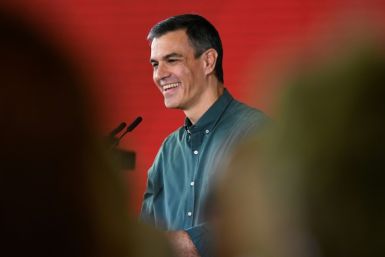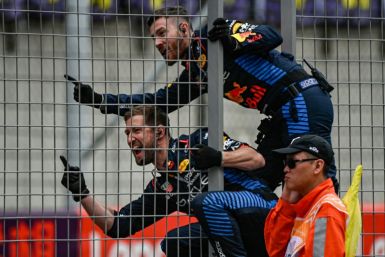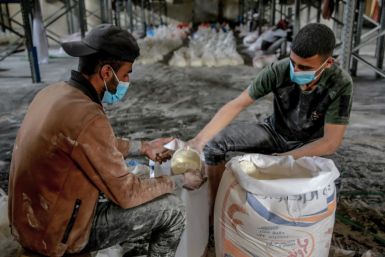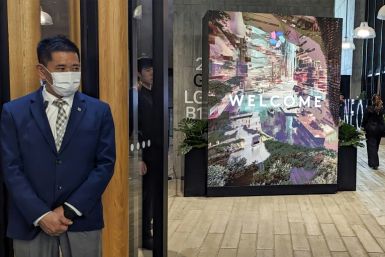Magical breast cancer treatment: Scientists astounded by alleged effect of new breast cancer drug combination
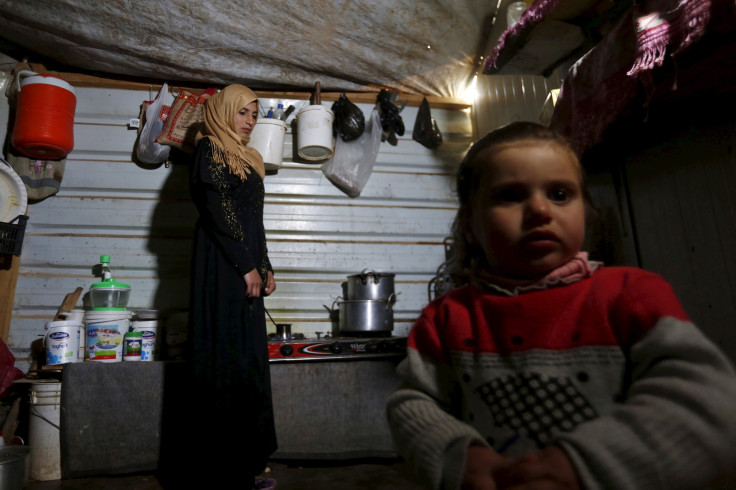
A new breast cancer treatment can kill off breast cancer tumours in just 11 days, it has been claimed. Scientists are hailing it as a breakthrough discovery as it apparently can revolutionise future treatments. A new drug combination has destroyed advanced breast cancer tumours in a trial. The combined drug therapy was able to destroy tumours as large as three centimetres and cost around £1,500 (AU$2,860).
In future, this new treatment can spare thousands of women from cruel rounds of chemotherapy that are generally followed by surgery. The scientists considered women who are suffering from HER2 positive form of breast cancer. The participants were given a combination of two targeted drugs.
Surprisingly, in nine out of 10 women, the number of cancer cells fell drastically. In one in four cases, the cancer tumours shrunk significantly and in certain cases the completely disappeared.
The European Breast Cancer Conference in Amsterdam found that the drug was effective, even in cases where the cancer had spread to the lymph nodes. The new drug combination involved the current standard drug Herceptin and another drug Tyverb, used to tackle tumours before surgery.
“For solid tumours to disappear in 11 days is unheard of. These are mind-boggling results,” said lead researcher Prof. Nigel Bundred, who is a professor of surgical oncology at the University of Manchester.
According to The Telegraph, researchers taking part in the trial were left astounded because of the mind-blowing effect of the new breast cancer drug combination. Generally, advanced breast cancer patients have to stick to a particular prescribed drug for months and sometimes years to get such a result.
“It was only when the pathologist was scratching around in the lab saying, ‘Where is the tumour?’ that it became apparent that there was no tumour,” said breast cancer doctor Prof. David Cameron, from the University of Edinburgh who helped lead the trials.


